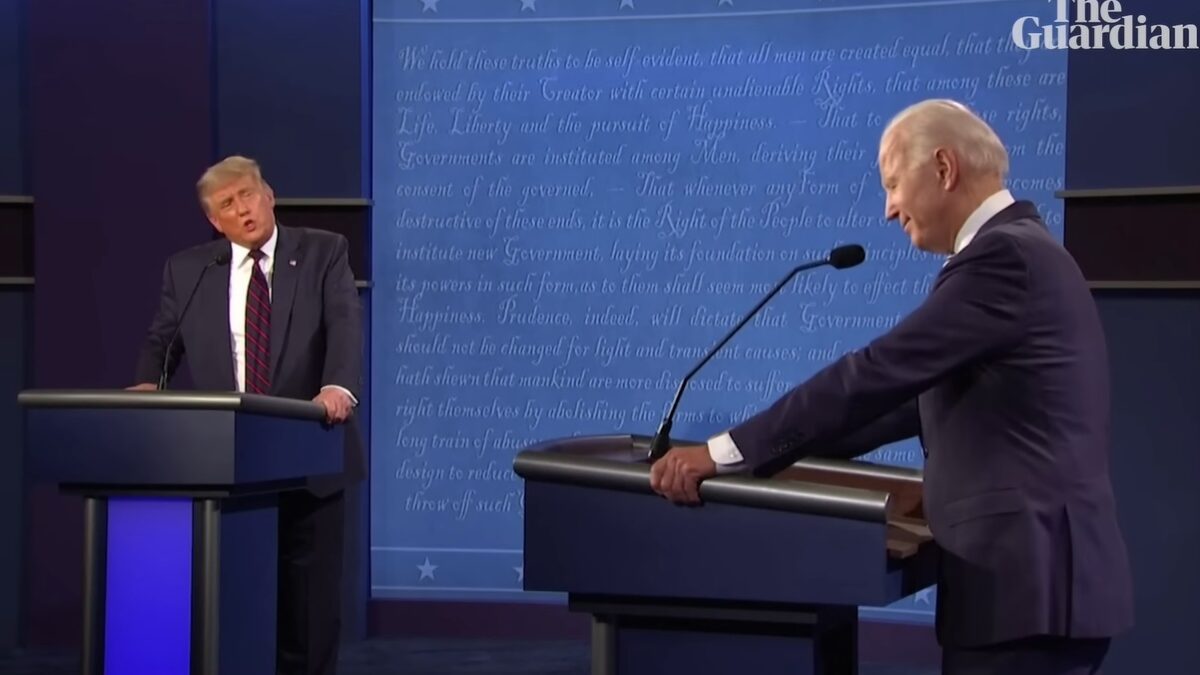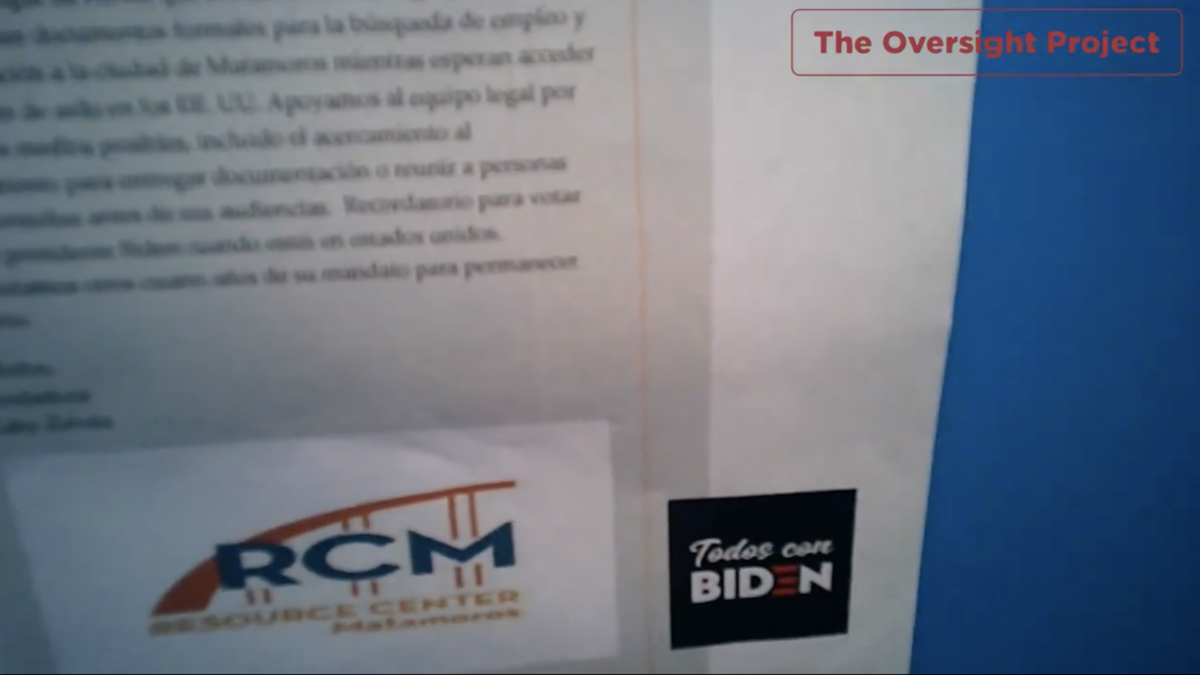Last night, freshman Congresswoman Alexandria Ocasio-Cortez took to Instagram to build Ikea furniture, drink wine, and eat snacks while waxing philosophical on the perils of climate change. Even in today’s strange world, where presidential candidates like Beto O’Rourke post photos of themselves at the dentist, this was a bizarre display.
The oddest moment came when Ocasio-Cortez compared those who oppose her Green New Deal, or at least some kind of aggressive fight against climate change, to people in the 1950s and 1960s who opposed civil rights for black Americans.
To those who make jokes about her claim that we have 12 years to save the world, Ocasio-Cortez said, “You may laugh, but your grandkids will not.” That’s when the threats started. While chewing a snack live on Instagram she reminded us that:
The internet documents everything. You know, you want to look about, you want to talk about looking at the back of history, looking backwards, you look back and you open history books on the civil rights movement, and you see those folks who are protesting against the ability for African Americans and black Americans to have the right to vote, and they would hold up these bigoted signs, and they would hold up signs that said things like ‘what about white rights,’ and all of this stuff, in the 1950s, 1960s. So just know that in the present day there a lot of people who hide the fact that their families and their grandparents fought against the principles of equal rights in the United States. Not 100 years ago, not 80 years ago, but in this generation’s lifetime. So just know that while a lot of people can hide what their grandparents did that in the civil rights movement, you should also know that the internet documents everything. And your grandchildren will not be able to hide the fact that you fought against acknowledging and taking bold action against climate change.
On Instagram live, AOC just compared climate change and the world ending in 12 years to the civil rights movement and people protesting against African-Americans… pic.twitter.com/6fcC74h5ny
— Caleb Hull (@CalebJHull) April 4, 2019
The internet does indeed document everything, including this bizarre diatribe. The casual nature with which she berated conservatives, who likely weren’t among the 8,000 viewers anyway, is troubling. She appears to take quite seriously the idea that our grandchildren will be ashamed of us if we don’t support her political policies because they will have access to our tweets, or something.
It’s, frankly, a maniacal imagining. The year 2060: having failed to heed AOC’s warnings that the world is on fire, little Johnny is in tears, shame burning through him as he peruses grandma’s Facebook page from 40 years ago.
The inescapable political comparison to make to Ocasio-Cortez has always been Donald Trump. Since her recent rise to prominence, many observers, myself included, have pointed this out. It is clearest in the penchant both have for unfiltered, off-the-cuff internet postings, often tinged with anger. In addition, both frame things as dire emergencies that we have no choice but to address with their preferred policy positions. Much like Trump, AOC appears to be her own communications team. This can be a good thing, but also comes with pitfalls.
For more than two years, Republicans have shuddered to open Twitter for fear of what the president might have tweeted about. Entire news cycles or even congressional negotiations can be scuttled with 280 characters. Now Democrats are experiencing a similar kind of fear. For reasons that are not yet entirely fathomable, Ocasio-Cortez, like Trump, has become the most prominent and dynamic voice of her party. But it’s a voice the party can’t control.
There is one key difference between Ocasio-Cortez and Trump. Trump has been a celebrity for nearly half a century. AOC has been a celebrity for a bit more than six months. Fame and adoration, as much as many people seek them, can be dangerous things. They can alter the mind and one’s perception of oneself. Many who are thrust into such a situation have a great deal of trouble dealing with it.
It is unclear why Ocasio-Cortez thought it was a good idea to pour a drink, turn on the camera, and invite the world into her apartment last night. Perhaps it was all planned, part of a strategy to make her more relatable. But it doesn’t seem that way; it didn’t feel prepared or purposeful.
But, as she said herself, AOC is the boss now. These video streams of her life in the evenings appear to be becoming a new norm. For more conventional Democrats, this is a worry, and one that they can’t control. The only question is whether she can control it.







